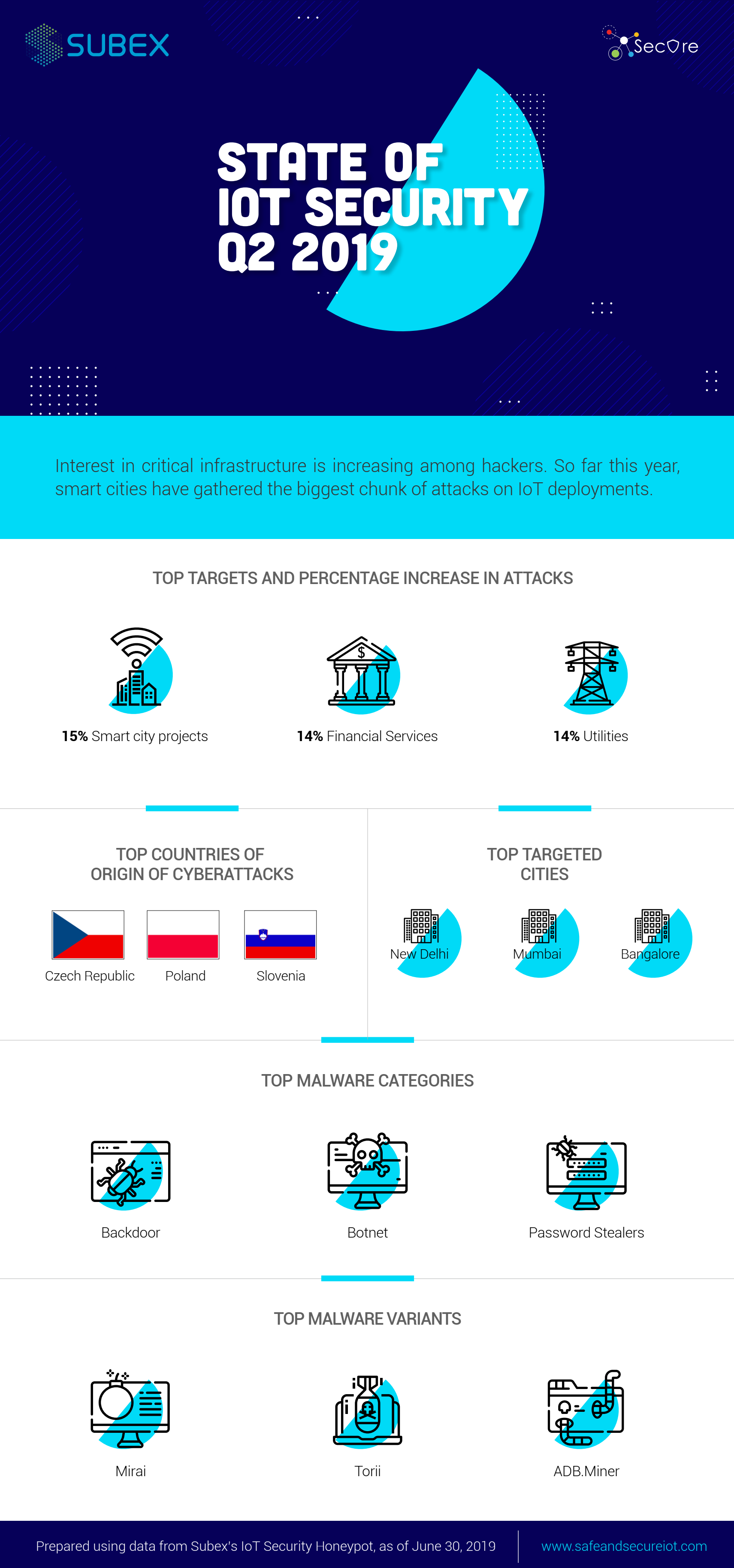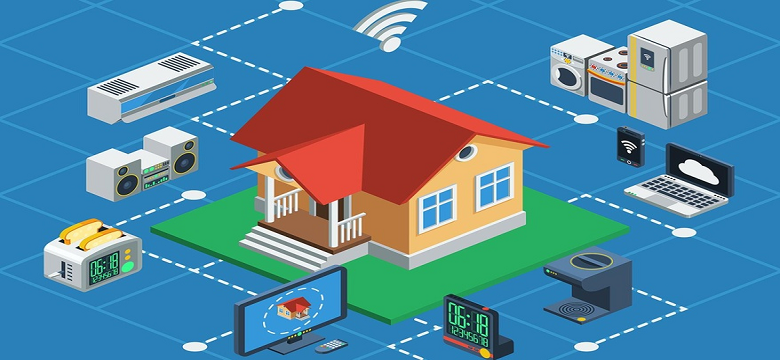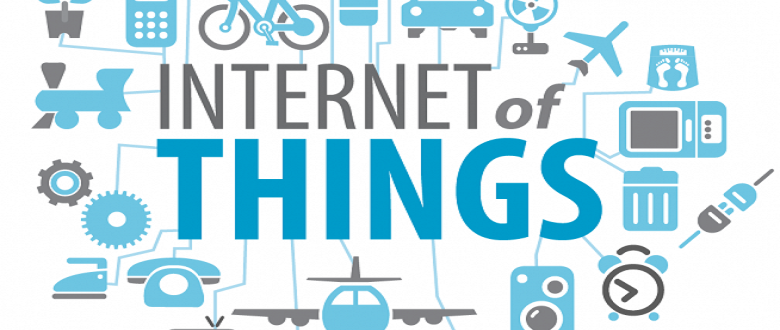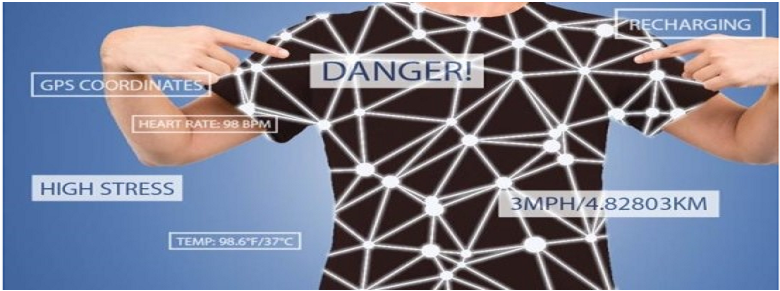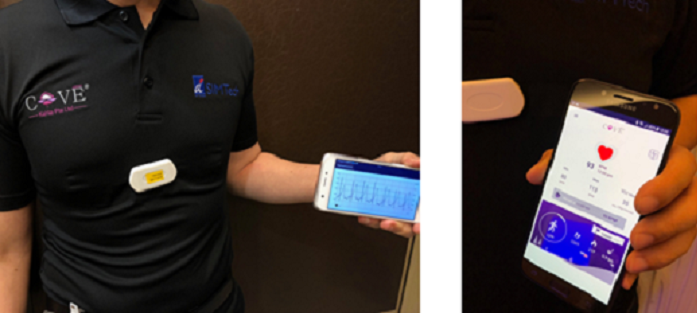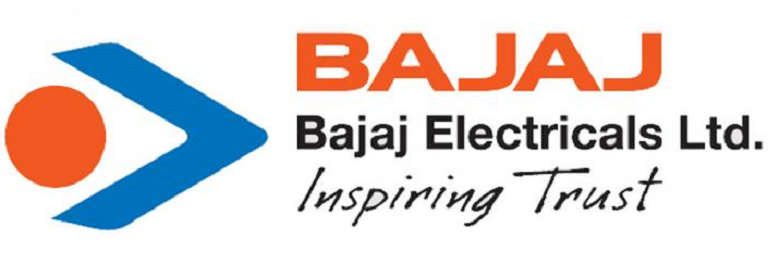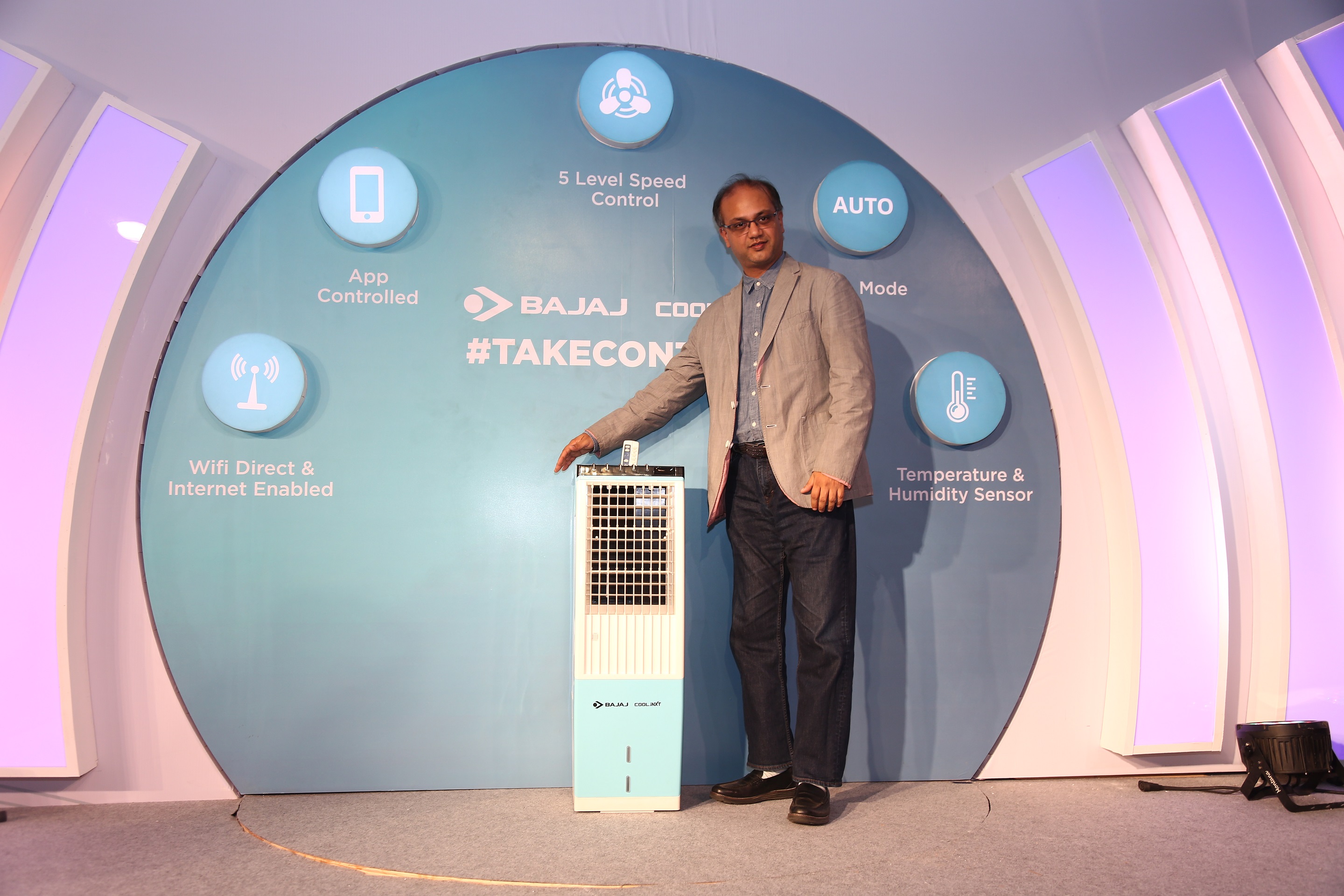Hero Electronix, a Hero Group company forayed into the consumer technology market with the launch of Qubo, a range of AI connected smart devices. Qubo aims to create technology products that will allow users to stay connected with their home and loved ones be it family, pets or valuables. The products launched today under the Qubo portfolio are Smart Indoor Camera, Smart Gas Sensor, Smart Smoke Sensor, and Smart Door/Window Sensor.
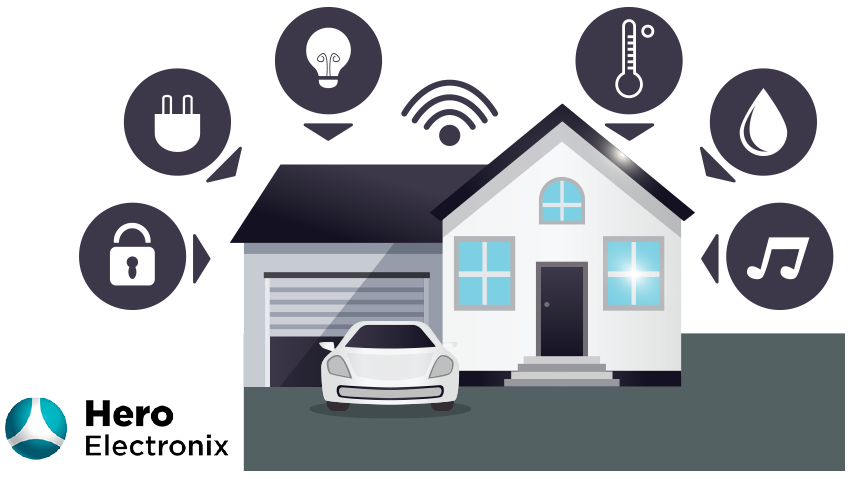
The Qubo Smart Indoor Camera, the most secure and powerful camera in the Indian market will be available at a MRP of Rs. 13,490. It comes with best-in-class Full HD camera, AI features and secure–encrypted video streaming, & storage. The smart sensors namely Qubo Smart Gas Sensor, Smart Smoke Sensor, and the Smart Door & Window Sensor all priced at Rs. 3000. The Qubo Smart Indoor Camera and Smart Sensors will be available for purchase on Qubo’s website and will also be available across major e-commerce sites and retail stores from 27th September. Keeping customer centricity in mind, Hero Electronix will also have a dedicated round the clock customer support team to assist users on any issues.
The team at Hero Electronix believes that a massive revolution is coming as smart devices proliferate driven by technology trends like ubiquitous connectivity, cloud computing, artificial intelligence, and low-cost sensors. Taking advantage of these technologies, Hero Electronix plans to launch more than 10 smart products across Home Automation, Automotive and Entertainment domains in the next 2 years.
Each of these devices is being architected ground up to solve specific needs of Indian consumers and to work in Indian environments and family set-ups. The smart ecosystem of devices has been designed with an aim to connect Indian families/households to the world around them and to cater to their infotainment, automation and security needs.
Commenting on the launch, Hero Electronix Founder Director Ujjwal Munjal said
Our vision with Qubo is to create a leading consumer technology brand and reach a million homes in next 3-5 years. Hero Electronix has been at the forefront of engineering technology and services for enterprise with Tessolve, Mybox, and Zenatix. We are excited to launch our first independent brand for smart devices in the consumer segment.
As technology proliferates further into our lives, we are getting increasingly disconnected from what matters most. We see a great opportunity in to build products that meaningfully impact our lives. We have invested close to Rs. 350 Cr in Hero Electronix and we foresee an investment of ~Rs. 150-200 Cr over the next couple of years.
Commenting on the launch, Nikhil Rajpal, CEO, Hero Electronix said
There is a major revolution coming where AI-powered connected devices can solve major real world problems pertaining to security, connectivity, entertainment & healthcare. We have invested more than 2 years in research and development of products that harness leading edge technology like AI to solve for consumer needs. While we are addressing the home security & automation space with our range of products launched today, we are also exploring more products in home, automotive and kids categories too.
The Flagship Qubo Smart Indoor Camera aims to address the growing challenge around separation anxiety from our loved ones. With its 1080p Full HD Camera, it helps a user to remotely monitor home and stay connected with loved ones. It sports a host of best in class features such as
- Industry leading camera features – Full HD camera, 140 degree Field of View, night vision and 2-way audio
- AI powered image analytics technology to deliver person detection, face recognition and baby crying alerts
- The most secure device in the category – The device houses a custom secure silicon chip by Qualcomm, with PKI based root-of-trust making it tamperproof and protecting against malware. Data transmission and storage also complies with the highest global standards of cryptographic algorithms and security.
- Alexa built-in enabling the device to be controlled by voice and also serve as entertainment and automation center of the home
The flagship Qubo Smart Indoor Camera is built-in in partnership with Amazon for Alexa and Qualcomm for its processor in the device. This flagship product has been engineered and designed by the in-house team at Hero Electronix. With Alexa built-in, users can also access a wide range of services across news, music, weather, and reminders with simple voice commands. Qubo Smart Indoor Camera can be used as a smart home hub to control & remotely manage various smart devices at home through Alexa.
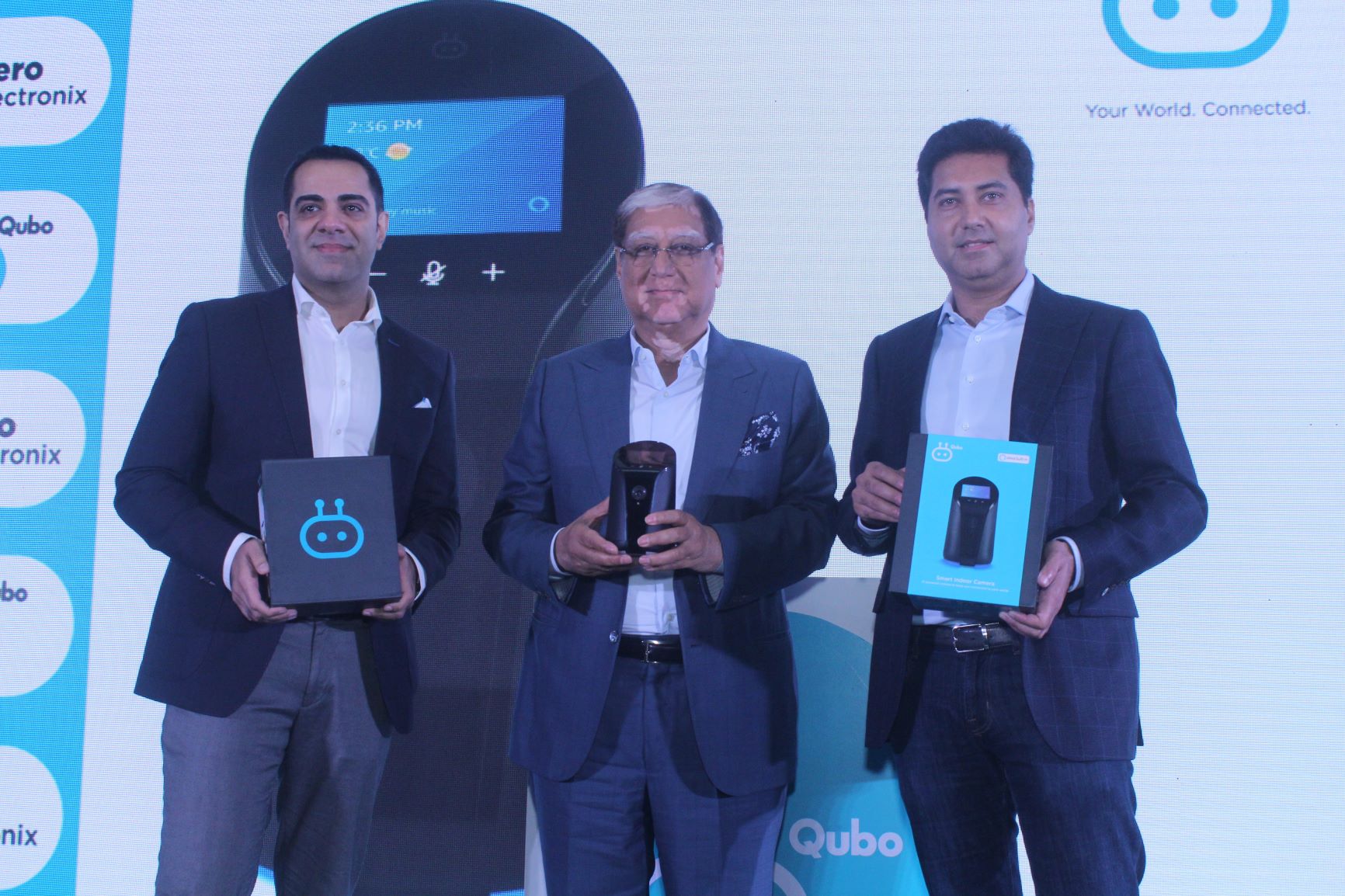
Dilip R.S., Country Manager for Alexa Skills and Voice Services, Amazon India, said
Our vision for Alexa is to be everywhere that customers want to interact. Through the Alexa Voice Services, we aim to simplify building voice-first devices with Alexa built-in. This helps devices to handle complex speech recognition and natural language understanding. It is exciting to see Hero Electronix innovate for customers in India with their Qubo range of smart Home devices. Convenience of simply asking Alexa for home security and controlling smart homes will be delightful for customers.
About Hero Electronix
Hero Electronix is the Hero Group’s venture into the technology space with a vision to create leading technology businesses emerging out of India. Our Their aim is to create a $1Bn+ business in 5 years by standing up 4~5 verticals. They plan to do this by investing in businesses that are attempting to take advantage of one or more of the following massive opportunities before them.


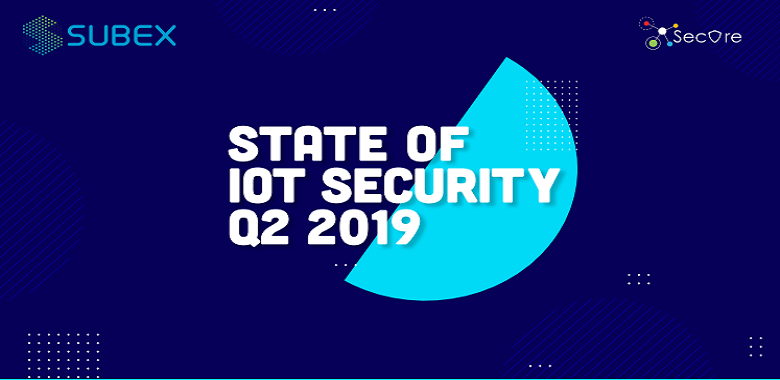 The report was released by Minister of State for Home, Krishna Reddy at a function in New Delhi.
The report was released by Minister of State for Home, Krishna Reddy at a function in New Delhi.